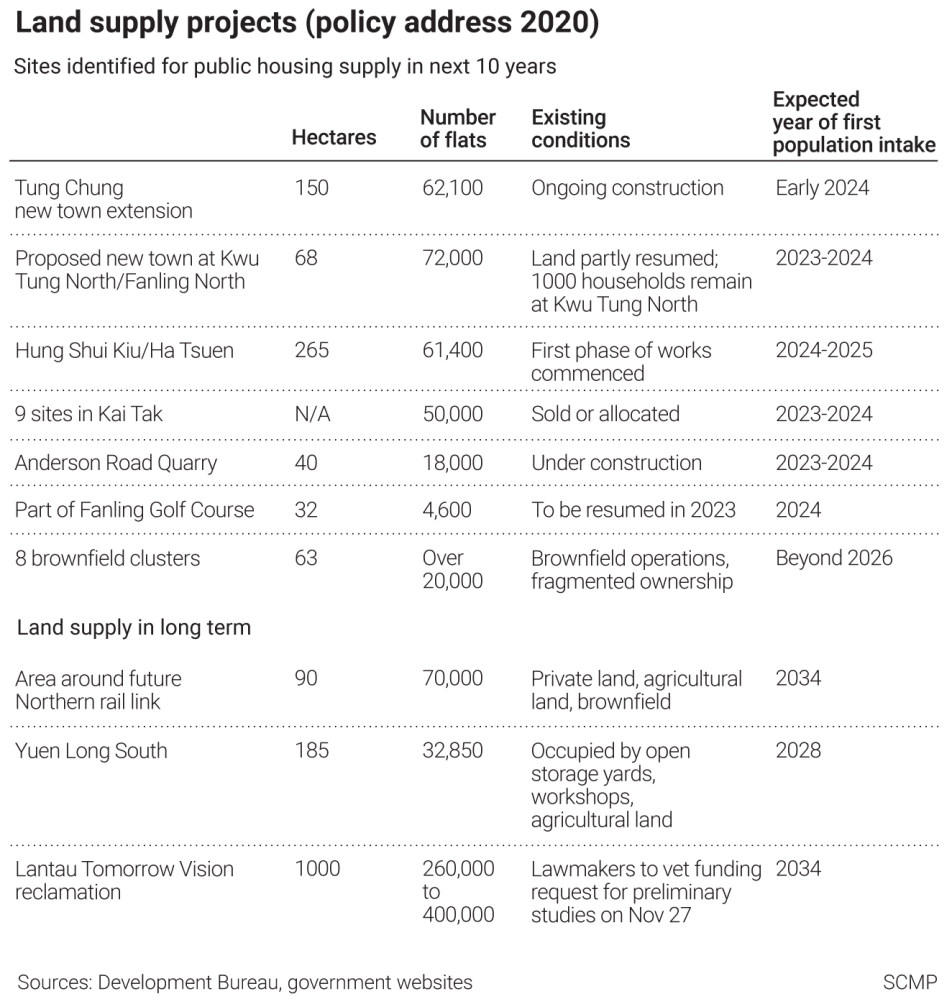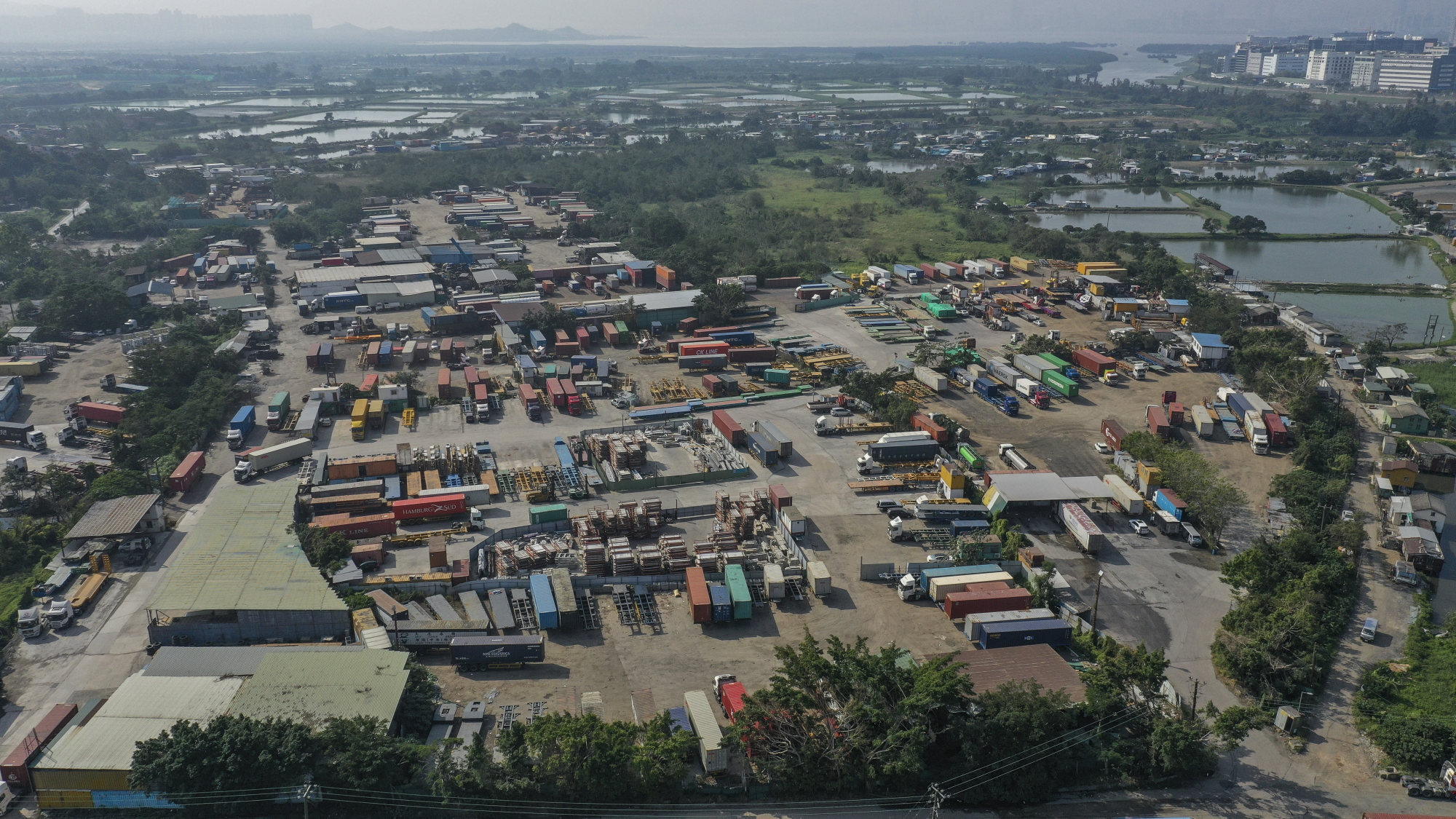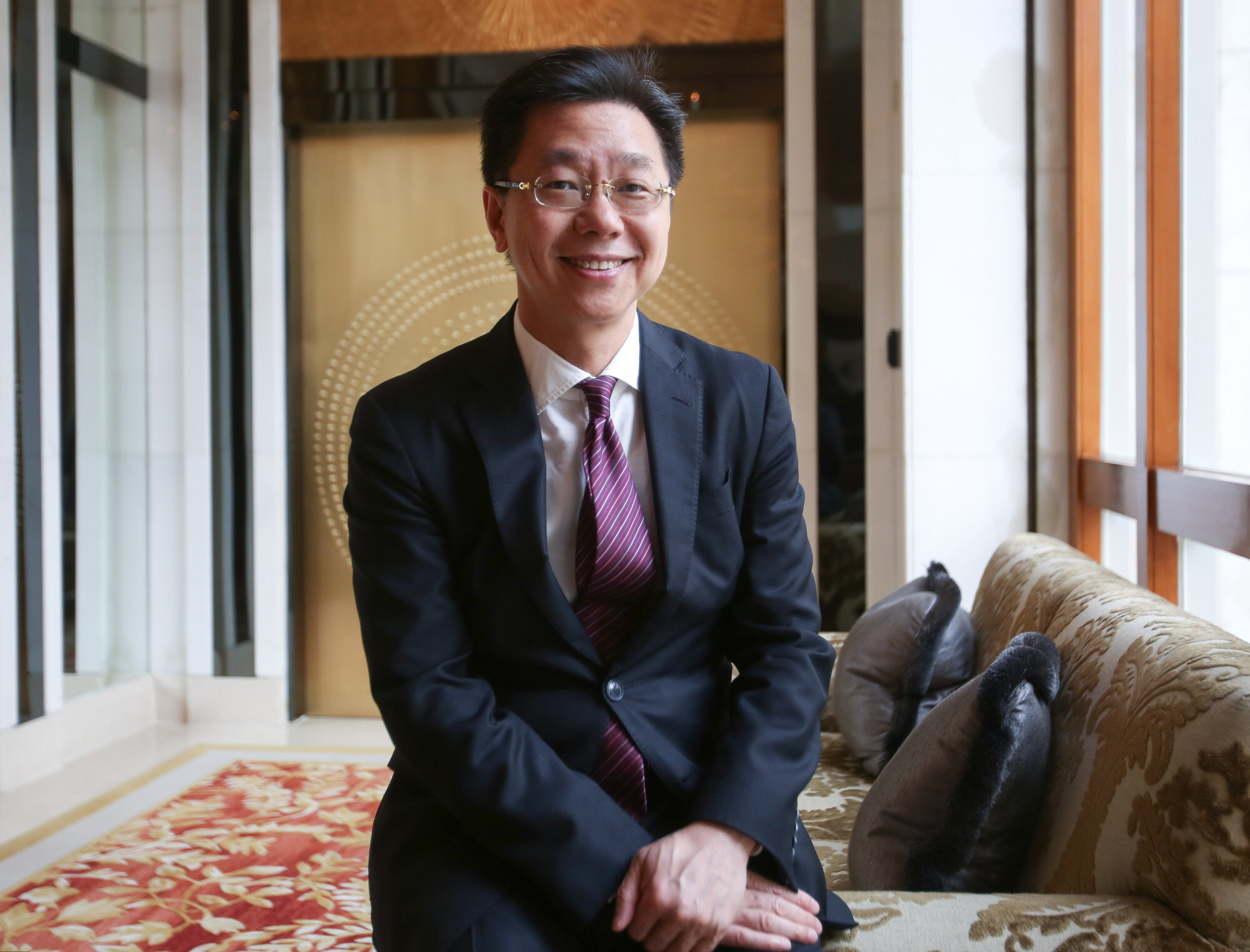Can tradeable land rights be the solution to Hong Kong's housing crisis? These two legal researchers think so
https://www.scmp.com/business/article/3127527/can-tradeable-land-rights-be-solution-cuts-through-hong-kongs-housing?utm_medium=partner&utm_campaign=contentexchange&utm_source=EdgeProp&utm_content=3127527 |
Two researchers are proposing an idea to revolutionise Hong Kong's land-use laws, floating an idea that could help to unlock and convert the city's swathes of farmland into residential land and help alleviate the city's chronic affordability problem.
The idea involves a two-step process: first, the government needs to allocate 50 square feet (4.6 square metres) of land in the form of transferable development rights (TDRs) to every eligible Hong Kong permanent resident. Secondly, the tradeable TDRs can be pooled by real estate developers into lots that can support the construction of residential property, according to Hong Kong University's professor of law Qiao Shitong, and the New York University's law professor Roderick Hills Jr. The plan could even be used for building public housing for low-income households.
"Housing in Hong Kong is among the least affordable in the world, and the problem is not the lack of land, but lack of development," Qiao said in an interview with South China Morning Post, adding that the TDR could be quicker and cheaper than the local government's HK$624 billion (US$80 billion) Lantau Tomorrow plan to build homes on reclaimed land. "Why reclaim new land at such high cost when existing land is just sitting there ready for new construction?"
Advertisement
Do you have questions about the biggest topics and trends from around the world? Get the answers with SCMP Knowledge, our new platform of curated content with explainers, FAQs, analyses and infographics brought to you by our award-winning team.
The proposal aims to help unlock an estimated 2,600 hectares (6,424 acres) of so-called brownfield and country development land reserved for indigenous villagers - those whose families have been in Hong Kong for multiple generations - in the New Territories, located near Shenzhen. These land sites have been an administrative quagmire to consolidate due to the labyrinthian voting rights associated with the scattered ownership, which are usually scattered through time and emigration.

alt=>
"The proposal seems to have ignored some essential elements of our planning and development control regimes [such as] the need to balance the provision of economic, community and housing land, and for such land uses to be compatible, and the need to address site-specific issues like development intensity and building height for sustainability considerations," the city's Development Bureau said in an emailed response to the Post's query. "The Government is pressing full steam ahead to increase the provision of housing land while ensuring good planning."
TDRs could present an opportunity for indigenous villagers to turn their degraded agricultural land into buildable residential land, instead of remaining as car parks, storage yards or recycling yards. Villagers can buy TDRs from holders and commence development based on those rights, instead of having to negotiate for settlement with the government, Qiao and Hills said. Expensive land acquisition costs add to the price tag of the completed homes.
"This is because the government is concerned about [the political backlash and public outcry] from selling land to developer for a lower conversion premium" from agricultural land to residential usage, Qiao said. "Our proposal can solve this problem because citizens will benefit through the sale of their TDRs."

Farm land owned by New World Development in San Tin, Yuen Long on November 23, 2018. Photo: Roy Issa alt=Farm land owned by New World Development in San Tin, Yuen Long on November 23, 2018. Photo: Roy Issa>
Advertisement
Lau Chun-kong, the managing director for Asia's valuation and advisory services at Colliers International and a member of the Hong Kong government's task force on land supply, poured cold water on the idea.
"The problem Hong Kong faces is we do not have enough land," he said in response to the TDR proposal. "Where can the government find 50 square feet for to give out to every Hong Kong resident?"

Lau Chun-kong, formerly the international director of JLL's Head of Valuations Advisory Services, during an interview in Admiralty on October 14, 2016. Photo: Xiaomei Chen alt=Lau Chun-kong, formerly the international director of JLL's Head of Valuations Advisory Services, during an interview in Admiralty on October 14, 2016. Photo: Xiaomei Chen>
Hong Kong has 44,370 hectares of land designated as country parks, nature reserves or wetland, and any attempt to turn these into residential use have provoked severe public backlash and political debate.
"We have to think of other options to create land resources, such as land reclamation," which face less opposition, or through the use of the Land Resumption Ordinance to use private land for developing public, Lau said.
Lantau Tomorrow, with the plan to reclaim 1,000 hectares of artificial islands off Hong Kong's coast - enough to build up to 260,000 subsidised housing and private flats - is a signature policy of Hong Kong's chief executive. The first phase of the plan is expected to be ready for habitation by 2034, according to the plan.
Advertisement
The use of TDRs would give the government a smaller role to play, allowing market forces take over the use and allocation of land, Qiao and Hills said, and reduce any adverse environmental impact of having to reclaim an area equivalent to a fifth of Kowloon.
Rather than bicker over the details of infrastructure, or planning for each project, the government could impose a uniform price - say, a dedication of 20 per cent of the land for public amenities like transit, they said. Such a standardised deduction is similar to the Shenzhen government's mandated dedications in its urban redevelopment during the past decade, which has proven to be quite successful, they said.
Unlocking land now used for warehouses and tiny villagers' houses would not only significantly alleviate the housing affordability crisis in Hong Kong but also release the city's potential for economic growth suppressed by inefficient land use institutions, Qiao said.
This article originally appeared in the South China Morning Post (SCMP), the most authoritative voice reporting on China and Asia for more than a century. For more SCMP stories, please explore the SCMP app or visit the SCMP's Facebook and Twitter pages. Copyright © 2021 South China Morning Post Publishers Ltd. All rights reserved.
Copyright (c) 2021. South China Morning Post Publishers Ltd. All rights reserved.
https://www.edgeprop.sg/property-news/can-tradeable-land-rights-be-solution-hong-kongs-housing-crisis-these-two-legal-researchers-think-so


Follow Us
Follow our channels to receive property news updates 24/7 round the clock.
Subscribe to our newsletter
Advertisement
Advertisement
Advertisement
Top Articles
Search Articles